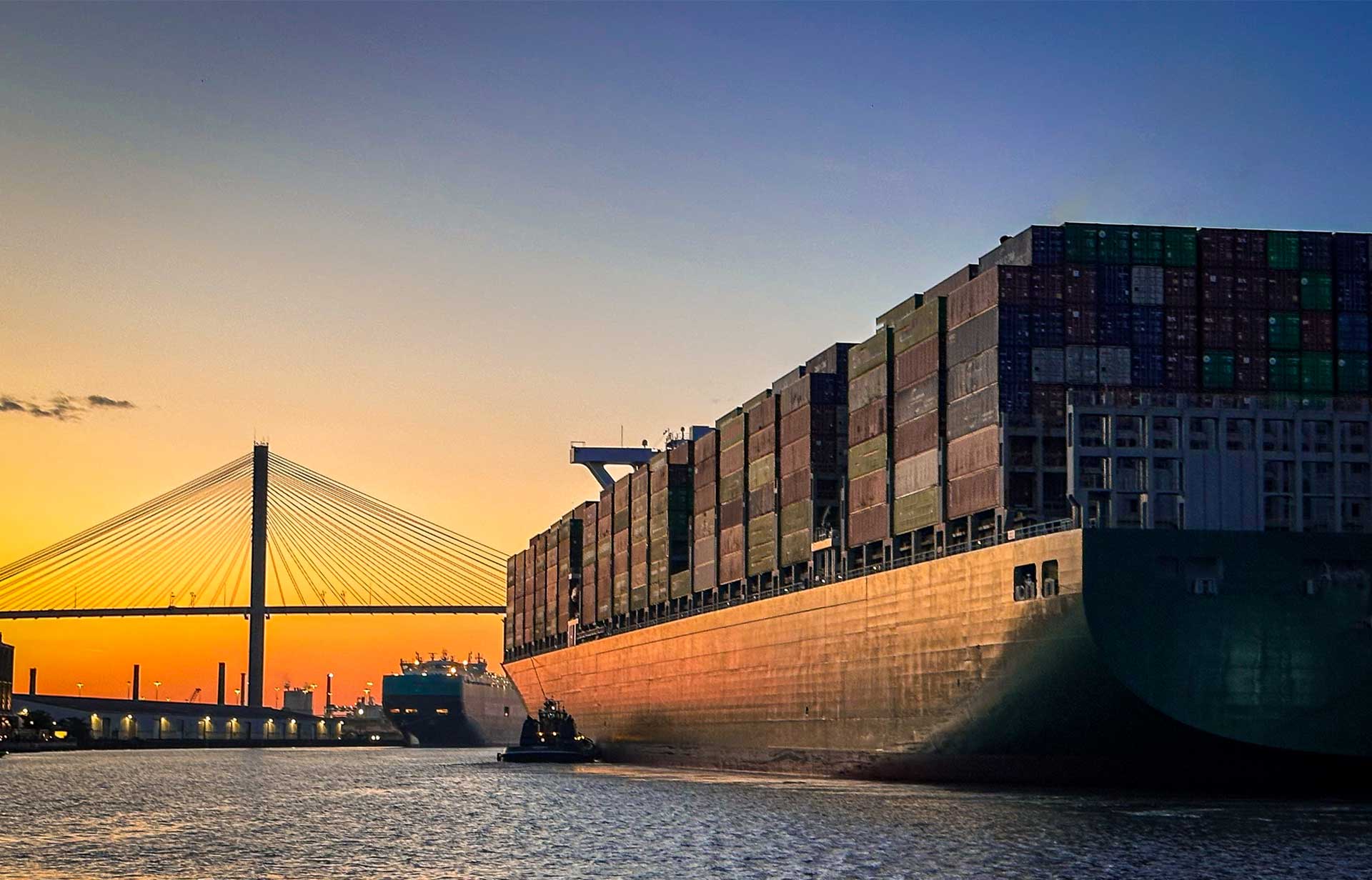
The proposed protectionist trade policies introduced by the Trump administration, including potential sweeping tariffs and aggressive measures targeting key trading partners, could pose significant risks to global trade dynamics.
While such policies are intended to boost domestic economic activity, they carry the potential for unintended consequences that could disrupt international supply chains and raise costs.
Imposing tariffs, highlights a shift toward protectionism and although these are intended to generate revenue and reduce reliance on foreign goods, these tariffs are likely to provoke retaliation from trading partners. Such a tit-for-tat approach could lead to increased trade barriers, limiting market access and destabilising critical industries.
Global supply chains thrive on efficiency and predictability; any disruption would increase uncertainty for businesses, particularly in industries reliant on seamless international collaboration.
Inflationary Pressures
One of the unintended consequences of heightened tariffs is the inflationary impact. The additional costs imposed on imported goods would either be absorbed by manufacturers, eroding their margins, or passed on to consumers, driving up prices. This stymies efforts to control inflation and reduce costs, which will be a core goal of the new administration.
Rising import costs could reduce the margins and competitiveness of UK exporters in global markets and strain domestic businesses reliant on imported goods.
Secondary Trade Impacts
Statements regarding control over strategic assets, such as the Panama Canal, add another layer of complexity. Such rhetoric heightens geopolitical uncertainty, with potential ripple effects on trade routes and the global movement of goods. For instance, shifts in control or access to key trade corridors could disrupt global supply chain networks, affecting delivery timelines and costs.
For the UK, the secondary impacts of these disruptions are significant. Nearly half of the UK’s goods exports are tied to Europe, and a slowdown in the Eurozone—caused by retaliatory tariffs or disrupted supply chains—would likely reduce demand for UK products. Industries such as automotive, machinery, and chemicals, which are highly integrated with European markets, would be particularly vulnerable to declining trade flows and rising operational costs.
Retaliatory measures and shifting sourcing patterns could undermine existing trade agreements and partnerships, leaving businesses to grapple with ongoing uncertainty. For the UK, this may translate into reduced investment in export-driven sectors and challenges in maintaining supply chain efficiency.
Prepare for the impact of shifting trade policies. EMAIL Adam Davies, Vice President, to explore tailored solutions that strengthen your supply chain and safeguard your business against the uncertainties of a protectionist trade environment.





